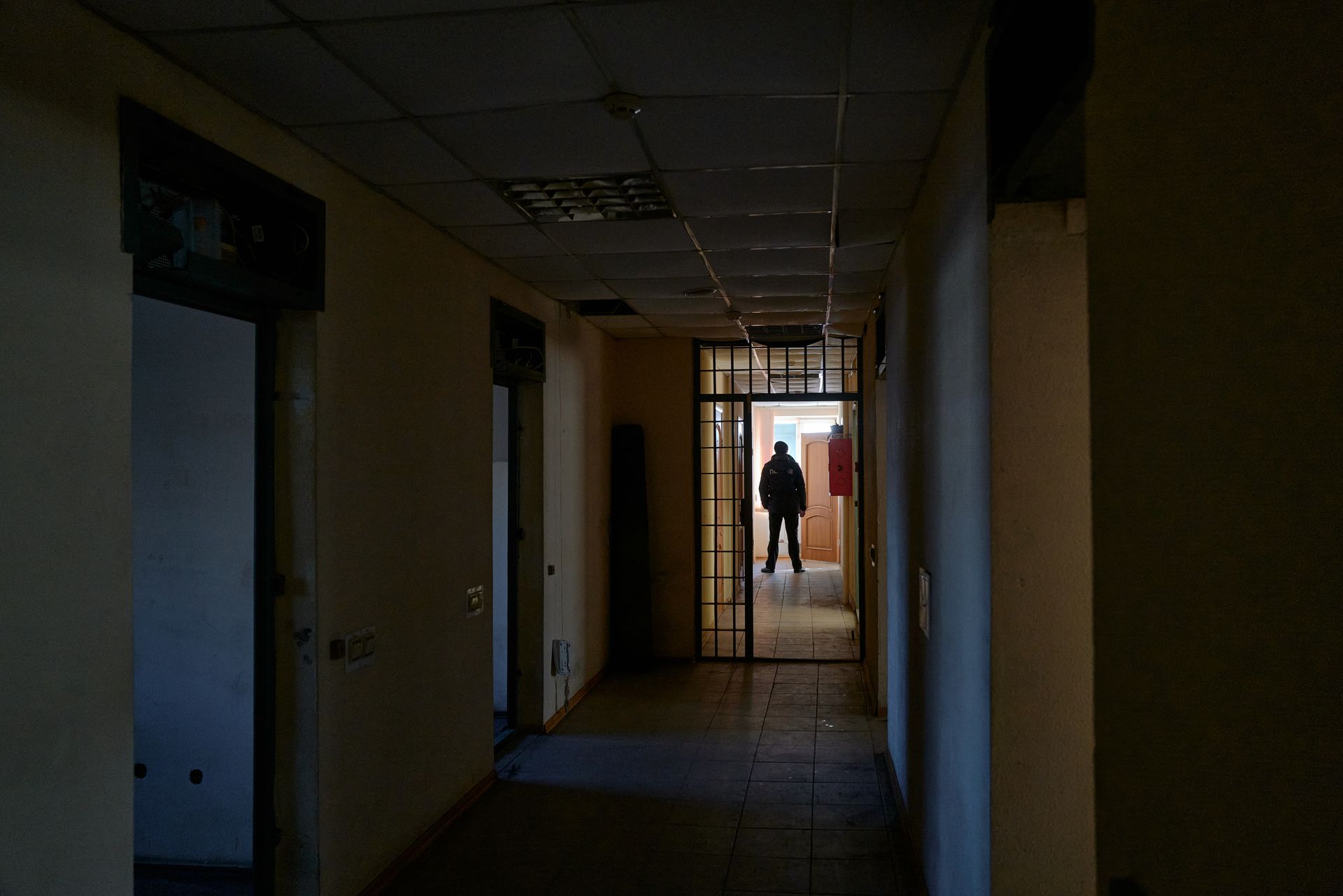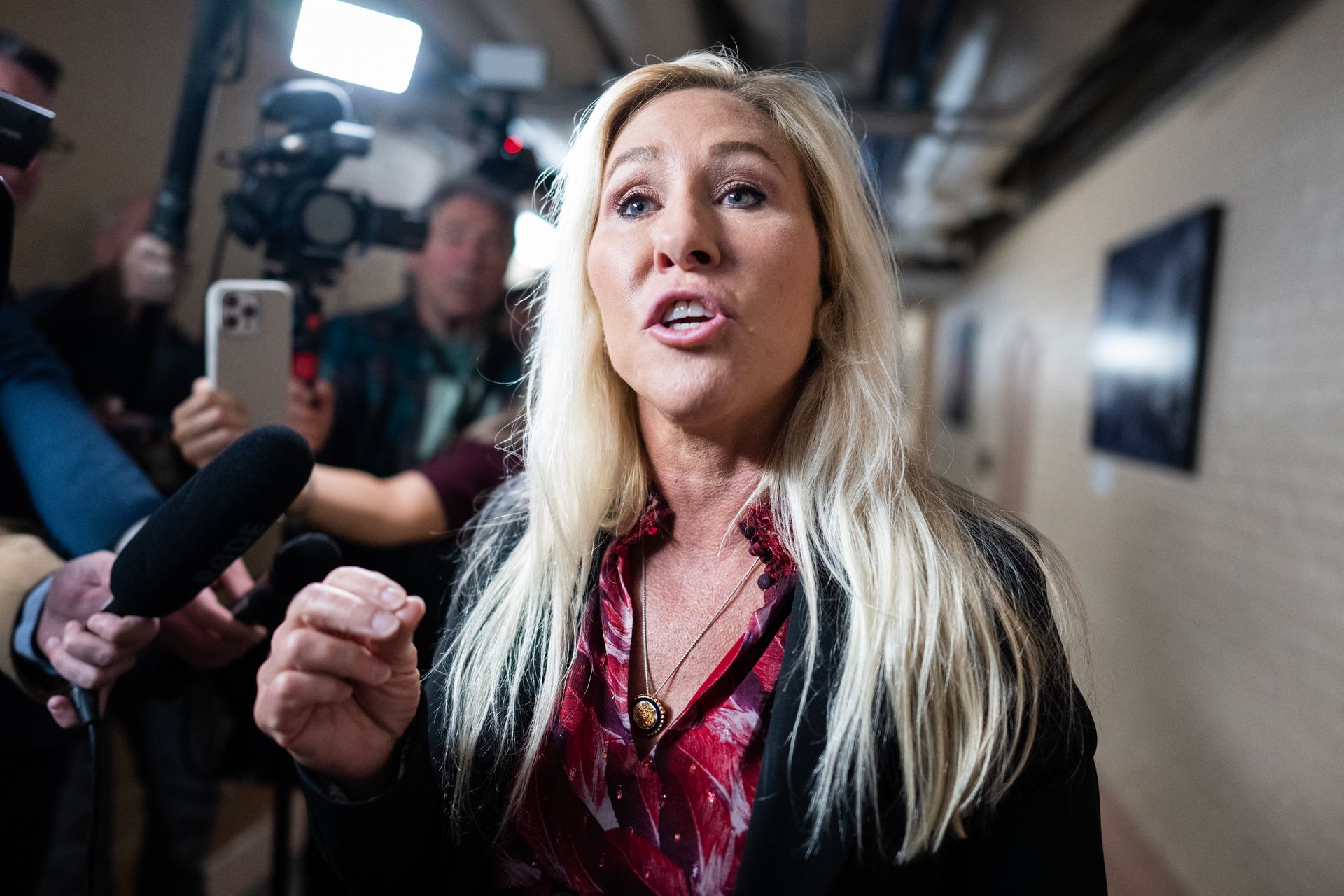China covertly supplying drone engines to Russia despite sanctions, Reuters reports

Beijing is reportedly circumventing Western sanctions by discreetly shipping Chinese-made drone engines to a state-owned Russian manufacturer, labeling them as "industrial refrigeration units" to avoid detection.
This alleged practice has enabled Russia to significantly ramp up its production of Garpiya-A1 attack drones, according to three European security officials and documents reviewed by Reuters.
The shipments have allowed Russian weapons-maker IEMZ Kupol to boost its Garpiya drone output, despite sanctions imposed by the U.S. and EU in October aimed at disrupting its supply chain. The information comes from the security officials and a trove of documents including contracts, invoices, and customs paperwork.
An internal Kupol document, seen by Reuters, indicates the company signed a contract with the Russian defense ministry to produce over 6,000 Garpiya drones this year, a sharp increase from 2,000 in 2024. The document also noted that more than 1,500 drones had already been delivered by April.
The Garpiya, a long-range drone, is being used to strike civilian and military targets deep within Ukrainian territory, with approximately 500 units deployed by Russia each month, according to a statement from the Ukrainian military intelligence agency to Reuters.
The European security officials requested anonymity due to the sensitive nature of the information and asked that certain specific details from the documents, such as dates and contract costs, be withheld.
In September, Reuters reported that Kupol was manufacturing the Garpiya using Chinese technology, including L550E engines produced by Xiamen Limbach Aviation Engine Co. One month after that report, both the European Union and the U.S. sanctioned several companies involved in the drone's production, including Xiamen.
Following these sanctions, a new Chinese firm, Beijing Xichao International Technology and Trade, has reportedly taken over the supply of L550E engines to Kupol. This is evidenced by invoices, an internal Kupol letter, and transportation documents reviewed by Reuters.
In a statement to Reuters, China's foreign ministry said it was unaware of the export of parts for the Garpiya and maintained that it controls foreign sales of dual-use goods in accordance with Chinese law and international obligations.
"China has always opposed unilateral sanctions that lack basis in international law and are not authorized by the U.N. Security Council," the statement read.
Both the U.S. and EU have consistently imposed sanctions on companies in third-party countries, including China, accused of providing dual-use technology to Russia. Kupol itself has been under EU sanctions since December 2022 and U.S. sanctions since December 2023 for its involvement in Russia's defense sector.
European Commission President Ursula von der Leyen is slated to travel to China for a summit with Chinese President Xi Jinping and Premier Li Qiang on July 24, amidst growing tensions over Beijing's perceived support for Russia's war efforts.
On July 2, European Union's top diplomat Kaja Kallas informed Chinese Foreign Minister Wang Yi that "Chinese firms' support for Russia in the war posed a threat to European security" and urged China to stop trade that sustains Russia's military machine, according to an EU statement.
Ahead of Thursday's summit, one European official noted that the EU is not asking China to sever economic ties with Russia, but rather to enhance customs and financial controls to curb the flow of specific dual-use goods.
The Garpiya drone, which means "harpy" in Russian, is reportedly based on Iranian-made Shahed drones but incorporates Chinese technology, according to the three European sources. The Ukrainian military intelligence agency confirmed that the Chinese-made components in the drone include the engine, control systems, and navigation equipment.
Further documentation reviewed by Reuters shows that the engines were shipped by Xichao to a Russian front company identified as SMP-138, which then forwarded them to another Russian firm, LIBSS.
A contract for LIBSS to supply Kupol with the engines explicitly said that they would be described as "cooling units" in shipping documents due to their sensitive nature, according to Reuters. The specified delivery route for these components was from Beijing to Moscow, and then on to Izhevsk, where Kupol operates its manufacturing facilities.
According to the three security officials, this "cooling units" description enabled the goods to be exported to Russia without alerting Chinese authorities.













